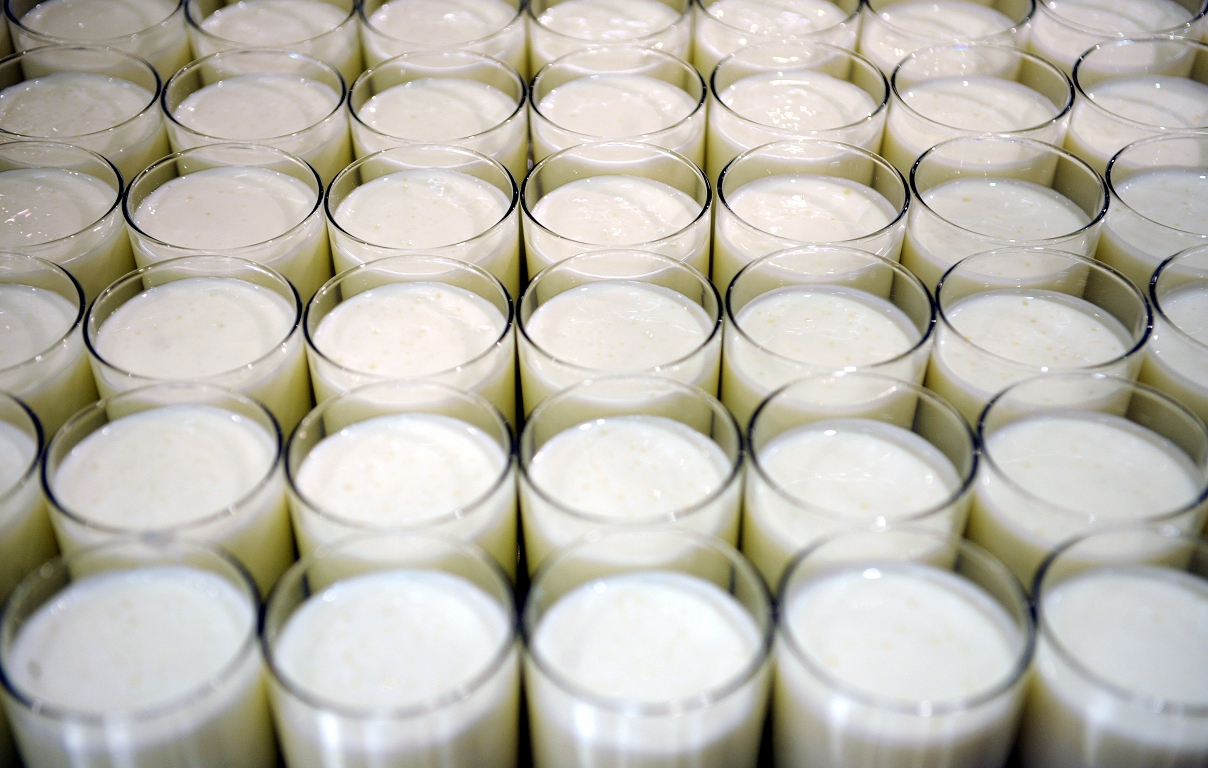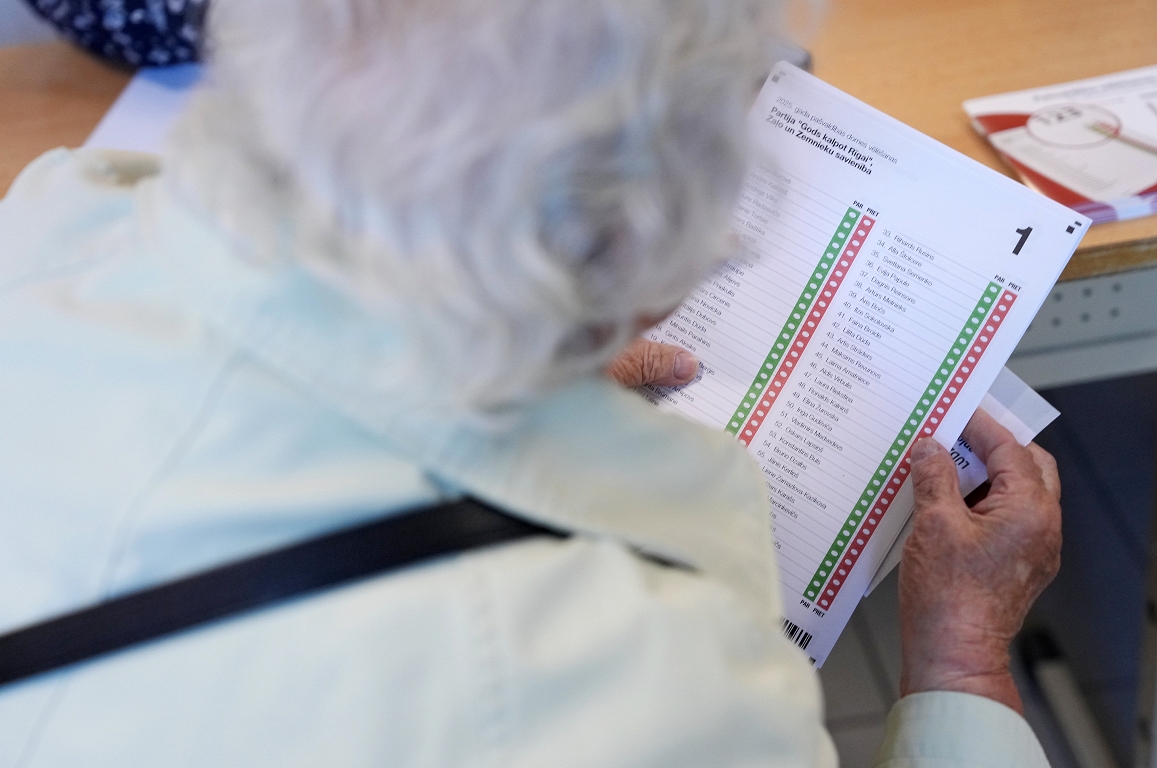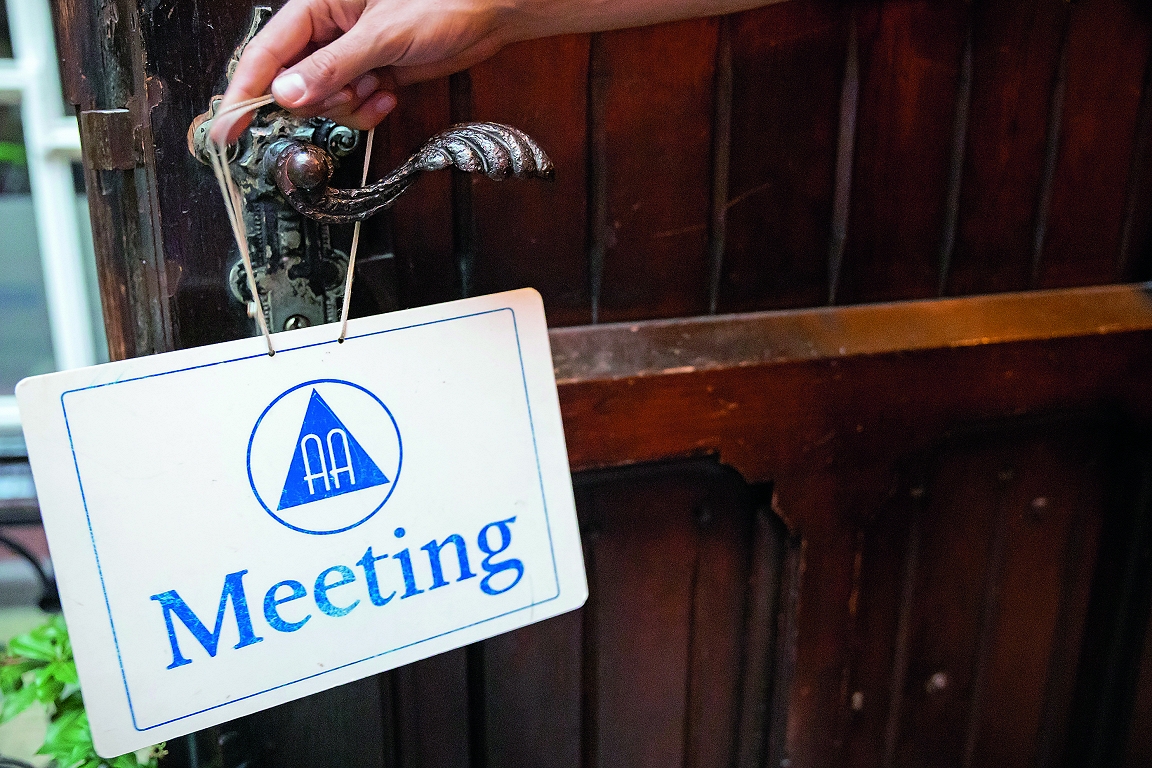E.coli bacteria in company production does not approve / day

At the same time, the company points out that with full responsibility for consumer safety, all manually packed products are already recalling from the point of sale. Straupe emphasizes that the tests are still ongoing, with the bacterial spreading path.
Imants Balodis, Chairman of the Board of « Straupe », informs that 42 employees involved in the production and distribution (logistics) were checked on the presence of E. coli on Thursday and Wednesday. Seven employees were recognized as the wearers, four of whom were directly involved in the production process. All of these employees, immediately after receiving the results of the analyzes, were temporarily suspended from their duties and sent under the supervision of GPs.
The pigeon points out that the main task of the company’s current moment is to do its best to use the products that come to customers are safe. Therefore, the recall of manually packed products from trade has begun. At the same time, products packed automated are safe for consumption, says Balodis.
« There are many questions about what happened right now, and it would not be right to speculate on versions that have not been laboratory confirmed. We hope that the control of the authorities involved will also clarify how our employees have become E. coli’s bacterial wearers, because we do not have such an investigation. »
The dairy company Straupe has already taken and continues to take the necessary security measures so that the entire company’s produce is safe for the consumer.
Currently, the production line has been suspended, where the products are packed manually, while the automated product packing continues, as the products do not come into contact with the employees at this stage.
The pigeon emphasizes that the production, packaged automated, is safe for consumption. « Disinfection of the company’s premises has already begun to be double -safe that no bacterium is » out of the bacteria « . I would like to emphasize that it has not been proven at the moment that the use of our company’s production is related to infection in the kindergarten, » Balodis says.
It has already been reported that Maris Balodis, Director General of the Food Veterinary Service (FVS), at a press conference on the epidemiological investigation of the infection of enterohemorrhagic E.coli, informed that the operation of the dairy farmer « Straupe » was temporarily suspended.
A suspension of the company’s packaging line, in which the products were manually filled with reusable containers. The FVS has decided to temporarily suspend the line of this product and recommends not eating it. These could be liquid products in plastic dishes such as milk or cream.
The company provided these products at 14 educational institution, when several students of these institutions became ill with E.coli intestinal infection in different regions of Latvia. During the tests of pre -school educational institutions, the FVS took samples of various foods, including dairy products, meat, fruits and vegetables, as well as prepared food for laboratory examination.
The tests also obtained information on food suppliers, including PKS « Straupe ».
Samples of products made in this company have also been sent to laboratory examination to the presence of E. coli in Verotoxigen.
The results of the laboratory tests received so far have been appropriate.
The FVS has instructed « Straupe » to withdraw all manually packed dairy products made from today – April 10, as well as immediate extraordinary washing and disinfection packaging space and equipment, and to organize re -staff training on hygiene.
The product package line work, in which the product is automated, is not stopped because at this stage the products do not come into contact with the employees.
According to the Director of the Center for Disease Prevention and Control (SPKC), the Director of the Risk Analysis and Prevention Department of Infectious Diseases, Yuri Perevoshchikov, seven employees of this company opened E.coli infection and these employees are involved in food preparation.
Production is most likely polluted by people – company employees, transferring bacteria to food. As the SPCC spokesman pointed out, the employees may have not had a noticeable symptom. Sequence data acquisition and analysis is still ongoing. Current evidence of the illness of children and employees is still indirect – the conformity of the illnesses of the employees and the illness of the affected children.
Samples have also been taken in several farms to find out the serotypes, but the transmission of infection was from people, even if the source could be a beef.
It has also been reported that the SPKC on Tuesday has launched an epidemiological examination of three more toxins producing E. coli for infection, according to information on the SPKC website.
There are two adults and one young age in the age group of 15-18. Diseased treatment of outpatients. According to the SPCC, it is not possible to say that these cases are related to an outbreak and require additional laboratory testing.
As a result, at least 60 E. Coli cases have been recorded, most children. Cases have been detected in various suburbs of Riga, Liepaja, Jelgava, Ropazi, Kekava, Salaspils, Adazi, Sigulda, Cēsis and South Kurzeme regions. Several children are hospitalized and continued treatment at the Children’s Clinical University Hospital with different illnesses. Others continue at home treatment, some of the disease has no symptoms of the disease.
The 140 food samples and 19 washes from external environmental objects and the hands of staff toxins producing E. coli or intestinal sticks have not been detected in the FVS tests.
The service has also received answers for 84 samples of washes investigated on hygiene criteria. All samples were appropriate, Svetlana Alminovich-Millyanovich, Senior Expert of the FVS Food Supervision Supervision Supervision Supervision Supervision Supervision Supervision Supervision Supervision Supervision Supervisory Supervision.
The SPCC reported on Monday that the disease analysis is currently not on the spread of infection among contacts.
The SPCC explains that all people and animals in the gut have bacteria called Escherichia coli (E. coli) or intestinal stick. They are part of human normal bacterial flora and usually harmless. However, there are specific strains of E. coli, which are able to form toxins or poisonous substances and cause serious illness.
These strains are called Stec/VTEC (E. Coli, a toxin or Verotoxin). They can cause severe, bloody diarrhea, which in some cases causes acute renal failure, which requires intensive care.
The main reservoir of these strains is herbivorous animals, especially cattle. The cause is excreted from the animal or from the human body with feces. A person can become infected by consuming infected foods, under -heat -treated beef, uncooked milk, unwashed or unprocessed fruits or vegetables. Transfer of infection directly from person to person is also possible.
The SPCC reminds food to be treated for a thermally, rinse under running water, and in particular products that will not be heated before consumption. If the symptoms of infection occur – cramping abdominal pain or bloody diarrhea should be contacted immediately.
Straupe had a turnover of EUR 9,637 million in 2024, which is 6.6% more than a year ago, while the company’s profit was 334,459 euros, which is 1.3% less than a year ago, according to Firmas.lv.
The cooperative « Straupe » was registered in 1993. Straupe produces and sells milk, buttermilk, yogurt, cheese and other dairy products.








